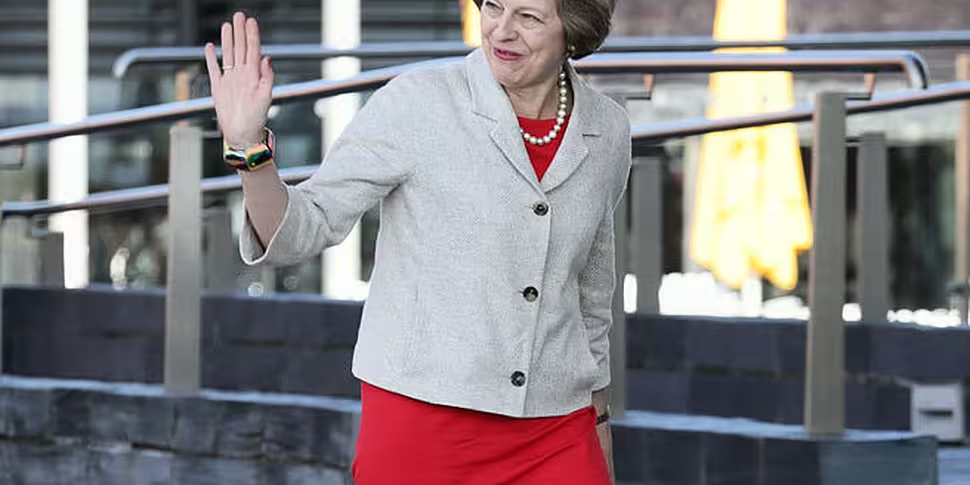Theresa May is being urged to walk away from the European Union without paying a £50bn "divorce settlement" being demanded by Brussels.
Government lawyers are recommending that the Prime Minister should stop paying money to Brussels if Brexit negotiations end in deadlock with no deal, although the PM is also being warned that withholding cash from the EU could damage the UK's prospects in the Brexit negotiations after she triggers Article 50.
The highly contentious demand comes in a report by a high-powered House of Lords committee which has examined the legal consequences of Brexit.
The EU's chief Brexit negotiator, Michel Barnier, has demanded that the UK pays the £50bn bill for exiting the EU, a demand condemned by pro-Brexit Conservative MPs.
Mrs May is widely expected to reject the Brussels demand, but Brexit Secretary David Davis was giving nothing away when questioned about it this week.
Asked during a visit to Denmark if the UK was prepared to accept the £50bn bill, he said: "We are a country which believes in the rule of law and we take our responsibilities seriously.
"But we think this is something that needs to be dealt with alongside the issue of markets, the issue of other relationships between us and at the end of this we will come to an amicable agreement. But we are not at that stage."
According to the peers' report, under international law the UK will not be legally obliged to contribute to the EU budget if an agreement is not reached at the end of Article 50 negotiations.
The report, Brexit and the EU budget, is published by the House of Lords EU Financial Affairs Sub-Committee, which examined the consequences of Brexit on the UK's contributions to and receipts from the EU budget.
The peers warn that both the UK and the EU should recognise the gravity of a no-deal Brexit and should be willing to reach a fair agreement.
But they claim an inability to reach agreement on the budget will undermine the Government's aim to negotiate market access on favourable terms.
However, in the absence of an agreement under Article 50, the committee claims the UK would be subject to no enforceable obligation to make any financial contribution to the EU budget. Although this would severely damage the prospects of reaching friendly agreement on wider issues, it provides an important context to the negotiations, the peers claim.
Commenting on the report, Lib Dem peer Baroness Falkner, who chairs the committee, said: "The UK appears to have a strong legal position in respect of the EU budget post-Brexit and this provides important context to the Article 50 negotiations.
"Even though we consider that the UK will not be legally obliged to pay in to the EU budget after Brexit, the issue will be a prominent factor in withdrawal negotiations.
"The Government will have to set the financial and political costs of making such payments against potential gains from other elements of the negotiations.
"The forthcoming negotiations will be more than just a trial of strength. They will be about establishing a stable, co-operative and amicable relationship between the UK and the EU. This will not be possible without good will on both sides."
Reacting to the Lords report, pro-Remain Labour MP Peter Kyle said: "Crashing out of the EU with no deal would be a disaster for the UK economy, which would cost us billions and hit the living standards of working people. Any supposed short term savings would be wiped out by real and lasting costs to the economy.
"The UK already faces a Brexit bill of £60bn in additional borrowing, and we have yet to even leave the EU. The prospect of failed negotiations is chilling, and the worst possible outcome for Britain.
"Our businesses would face huge barriers to trade with Europe, resulting in higher prices and fewer jobs."









